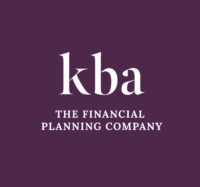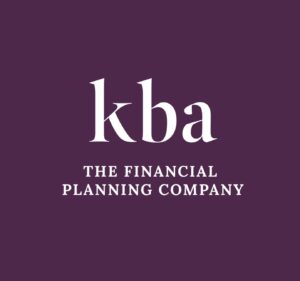A combination of frozen tax thresholds and rising inflation mean an increasing number of retirees need to consider tax. Read on to find out what you need to know about Income Tax in retirement and how you could manage your tax liability.
According to the Independent, in 2023/24, 8.5 million over-65s are paying Income Tax – that’s around a 10% increase when compared to a year earlier.
Usually, you will need to pay Income Tax if your income exceeds the Personal Allowance. For 2023/24, the Personal Allowance is £12,570.
As well as keeping the Personal Allowance in mind, when managing your tax liability, you should also consider the thresholds for paying the higher- or additional-rate of Income Tax, which are £50,271 and £125,140, respectively, in 2023/24.
There are several reasons why more over-65s are paying Income Tax, including:
- The cost of living crisis means some workers are putting off retirement: High inflation over the last 18 months means household budgets are under pressure. For some workers, it may mean they’ve delayed their retirement plans. As a result, more over-65s are likely to be working and paying Income Tax.
- Inflation may have pushed incomes above the Personal Allowance: The rising cost of living may have increased your income in retirement. For example, the State Pension increased by 10.1% in April 2023 due to inflation, or you may receive an income from an annuity that rises each year. Subsequently, many retirees could find that their income is now liable for Income Tax.
- The thresholds for paying Income Tax are frozen: While retirement incomes may be rising, the Personal Allowance has remained the same for the last three tax years, and the government has frozen it until 2027/28.
If you find that you’re paying Income Tax in retirement, there may be steps you could take to reduce your liability.
5 practical steps that could reduce your Income Tax bill in retirement
1. Make use of the Marriage Allowance
If you are retirement planning with your spouse or civil partner, you may be able to use the Marriage Allowance.
If you or your partner don’t use the full Personal Allowance, you could transfer £1,260 of it. It could reduce your combined Income Tax bill by up to £252 in the 2023/24 tax year.
The partner with the higher income must be a basic-rate taxpayer to use the Marriage Allowance.
2.Use other tax allowances to boost your income
Depending on your circumstances, there may be other ways you could boost your retirement income without increasing your tax liability.
For example, if you’ve saved or invested through an ISA, withdrawals are not liable for Income Tax, so you could use your ISA to supplement your income from other sources. Or, in 2023/24, you can receive up to £1,000 in dividends, which you may receive from some investments, without paying tax.
3. Spread out taking your pension tax-free cash
When you access your pension, you can usually withdraw up to 25% of your savings without paying tax. You can take the tax-free cash as a lump sum or spread it across several withdrawals.
By spreading the tax-free cash across several tax years, you may be able to reduce your tax liability even if your total income exceeds the Personal Allowance.
4. Manage your pension withdrawals
If you choose to access your pension flexibly, you’re in control of how much you withdraw from your pension. You can increase or decrease the income you receive depending on your needs.
As a result, you could adjust your pension withdrawals with your Income Tax liability in mind. Lowering your withdrawals could mean your entire income stays below the Personal Allowance or higher-rate tax threshold.
5. Make tax planning part of your financial plan
To effectively manage your tax liability, you may want to consider all your assets. It might highlight how you could use other sources of income to fund your retirement without increasing the amount of tax you pay.
Making tax planning part of your wider financial plan could help you get more out of retirement. Please contact us to discuss your retirement income and potential tax bill.
Please note:
This blog is for general information only and does not constitute advice. The information is aimed at retail clients only.
HM Revenue and Customs’ practice and the law relating to taxation are complex and subject to individual circumstances and changes which cannot be foreseen.
The Financial Conduct Authority does not regulate tax planning.
For specialist tax advice, please refer to an accountant or tax specialist.
Approved by The Openwork Partnership on 06/09/2023.


